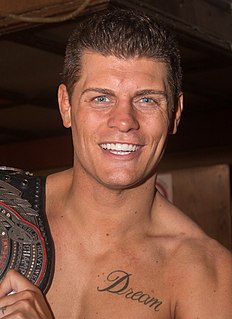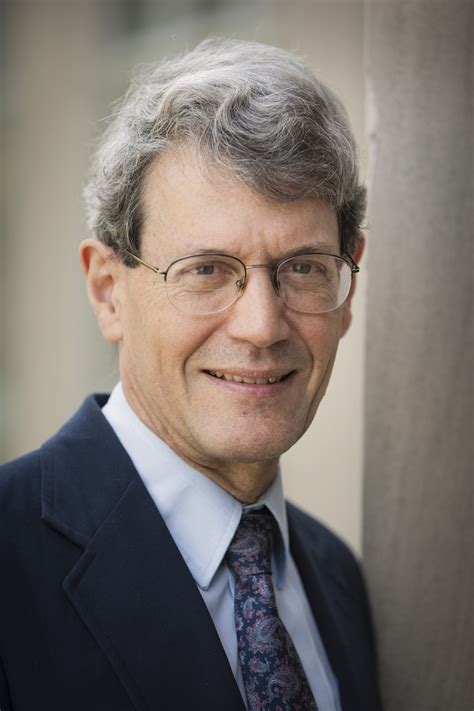A Quote by Dwight Garner
Mo Yan is a writer who, defiantly in the face of those who wish his work were less cartoonish and more straightforward in its political meanings, continues to sing his own peculiar and alluring song.
Related Quotes
There are some serious limitations in Mo Yan's situation as a writer in China today - just as there are for Jia Zhangke, one of the world's greatest film directors. He can only phrase his dissent obliquely, in his art. Writers in "free" societies labor under no such constraints. They can write more or less whatever they want in both their fiction and their commentary. Yet so many of them look oddly inhibited, even timid, and depressingly a couple of prominent figures actually positioned themselves to the right of their governments, intelligence agencies, and corporations.
His face set in grim determination, Richard slogged ahead, his fingers reaching up to touch the tooth under his shirt. Loneliness, deeper than he had never known, sagged his shoulders. All his friends were lost to him. He knew now that his life was not his own. It belonged to his duty, to his task. He was the Seeker. Nothing more. Nothing less. Not his own man, but a pawn to be used by others. A tool, same as his sword, to help others, that they might have the life he had only glimpsed for a twinkling. He was no different from the dark things in the boundary. A bringer of death.
Communion with God as we hear his voice is rich. We receive his meanings; we submit to his authority; we grow by his power that is at work in our lives through his words; and we experience the glory of his personal presence as we hear him. These aspects go together, though we may sometimes be more conscious of one aspect.
The translator ... Peculiar outcast, ghost in the world of literature, recreating in another form something already created, creating and not creating, writing words that are his own and not his own, writing a work not original to him, composing with utmost pains and without recognition of his pains or the fact that the composition really is his own.
In a community of human beings working together, the well-being of the community will be the greater, the less the individual claims for himself the proceeds of the work he has himself done; i.e., the more of these proceeds he makes over to his fellow workers, and the more his own requirements are satisfied, not out of his own work done, but out of work done by the others.
To my way of thinking, the concept drawings that Rembrandt did, the drawings he made that he used to model his artists, to work out the compositions of his paintings: those are cartoons. Look at his sketch for the return of the prodigal son. The expression on the angry younger brother's face. The head is down; the eyebrow is just one curved line over the eyes. It communicates in a very shorthand way. It's beautiful, expressive, and, in a peculiar way, it's more powerful than the kind of stilted, formalized expression in the final painting.
































